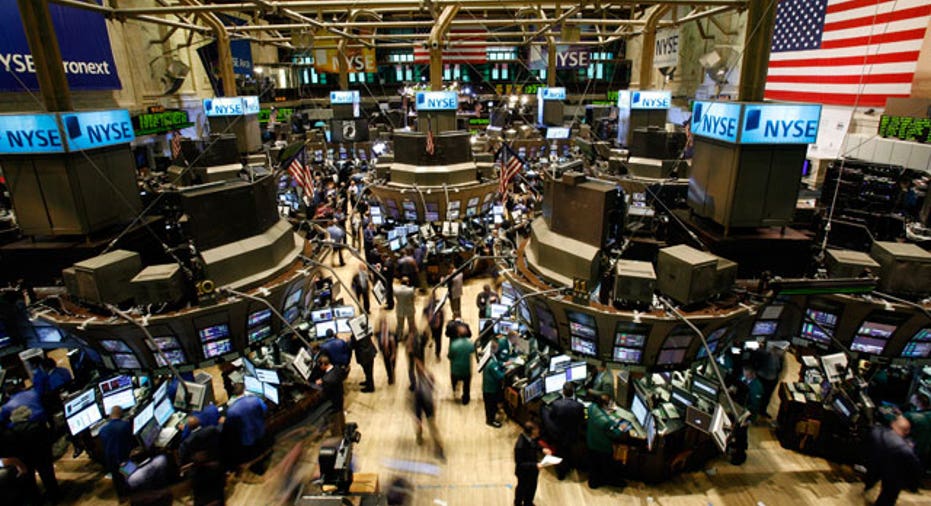Can the Stock Market Predict Presidential Elections?

The outcome of this November's presidential election may be tied to how well the stock market has performed the last three years, according to a recent study published by the Socionomics Institute.
The study found a significant relationship between the outcome of presidential elections and the net change in the stock market for the three years preceding the election. There was also a relationship -- although less pronounced -- between the performance of the stock market one, two and four years prior to the election.
The study also considered other economic variables such the GDP, inflation and unemployment. But according to the research, there was no significant relationship between these statistics and the vote margin in an election. In addition, the influence of the stock market appeared to only be a factor when an incumbent was running for office.
"Changes in stock prices had a positive, substantial and statistically significant association with incumbents' performances in re-elections," said Deepak Goel, one of the study authors. "We found that they accounted for more than a quarter of the variation in incumbents' popular vote margins."
Trend dates back to Washington's election
To establish a connection between stock prices and election results, the researchers considered data going back to before George Washington's election in 1792. With few exceptions, the study found the stock market was an accurate predictor of how well an incumbent would fare with voters.
During the Great Depression, Herbert Hoover was soundly defeated in 1932 after the stock market dove 77.37% in the preceding three years. Meanwhile, Ronald Reagan won in a landslide in 1984 after the stock market saw a net increase of 41.63% in the early 1980s. Bill Clinton's re-election in 1996 was also preceded by a 63.82% jump in stock market prices.
Study researchers concluded the stock market is a reflection of the social mood of the country, and that voters seem to unconsciously blame or credit the incumbent president for that social mood. Therefore, when stock prices drop for an extended period, it signals a social unease that is projected onto the president, making citizens less likely to vote for him.
Who will win the presidential election in 2012?
In the press release issued by the Socionomics Institute, the organization stopped short of saying incumbent President Barack Obama would be re-elected. However, it noted that the stock market has been steadily increasing since it crashed in the first quarter of 2009.
Should the market continue its increase, the Socionomics Institute says Obama can "campaign with a smile." However, should the market take a turn for the worse between now and November, history suggests the door might open a little wider for Obama's challenger.
The original article can be found at Money-Rates.com:Can the stock market predict presidential elections?



















